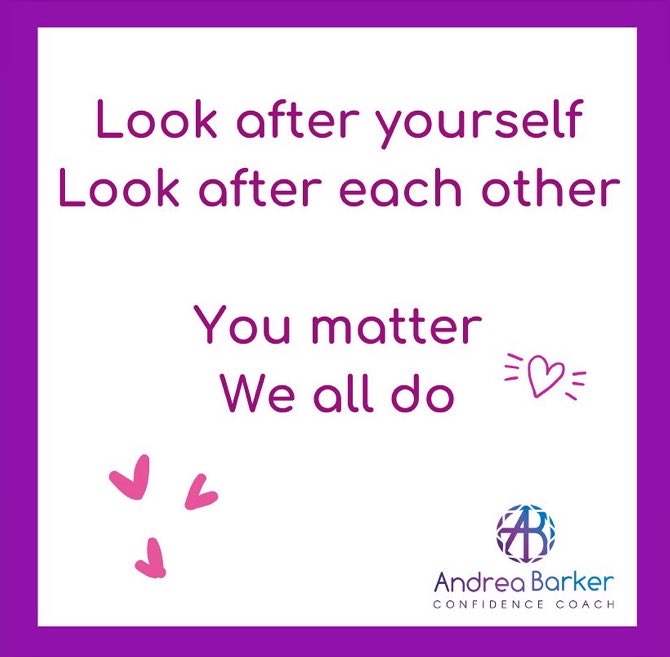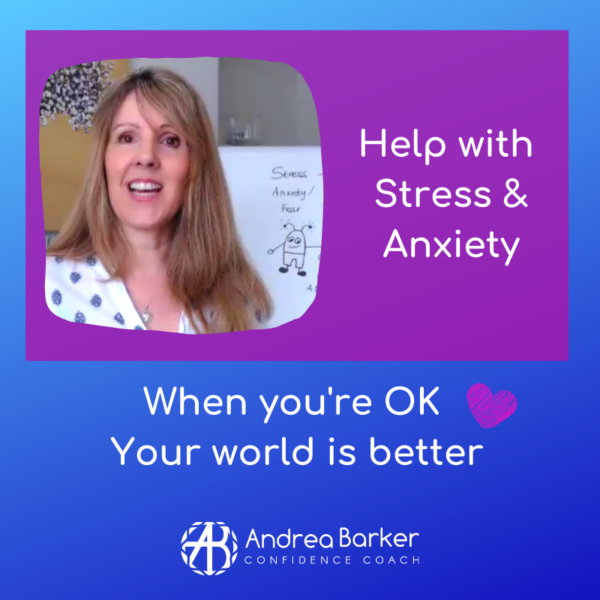Ways to cope with Anxiety and Stress during Lockdown
As we head into our second lockdown, how can we reduce anxiety and stress?
A return to restrictions and lockdown has seen Anxiety levels soar again, in all ages.
It has been a year that has touched everyone in some way. One we certainly won’t forget.
Continued uncertainty and not being able to plan for the future, can give the feeling being anxious, stressed and not being in control. We are left wondering when ‘normality’ will return.
This can also create stress and overwhelm, as our mind becomes hypersensitive to the continued threat to our well-being and fears go into overdrive.
As the weather changes too, how can we manage our anxiety, or help those close to us?

Following on from being on Pat Marsh’s show, on BBC Radio Kent – I have listed the advice spoken about and more…
Focus on what YOU can control
Like your getting up time, when you have lunch or some exercise, whether indoors or outdoors.
A routine is a great thing to have in the week, especially if you are not able to continue your normal routine, to give you structure. Relax at the weekend. This will help you feel less anxious to keep the days of the week and the weekend seperate.
Also, Stick to a good bedtime, to get important sleep you need. Waking up refreshed is so much better for you and will help you cope better day to day. Our body repairs and our mind helps file away our day.
If you wake up in the night – listen to the calm silence and then task your mind to count down from 300 – gently keep bring your mind back to the countdown and you will go back to sleep. It is a good idea not to turn on phone screens if you wake up, because the light affects your sleep hormone, which promotes sleep.
Stay connected in whatever way you can with family and friends. This is the time to keep talking. Talking to friends and family about how you feel, or listening to others, can really help.
Pick up the phone and have conversations. Check on your neighbours. You can meet one other person for a walk, so even if it is meeting for just a half hour walk, it is well worth doing. Wrap up if it is cold and prepare to be invigorated!
If you feel anxious and like thoughts are whirring around your head – get a plain piece of paper and write everything down – then rip it up. It feels good.
Try to limit the news to once a day, just so you can keep in touch with what is happening that may affect you, then concentrate on what you can control within your own environment – whilst following the guidelines.
Other things you can try:
- Join virtual group or create one – like a model club, knitting, photography… there are other things too, if you are not wanting to use a device or computer.
- Have quiet time and read, colour, draw or paint and do crafts, or a jigsaw
- Try calming mindfulness – focus on your breathing and think of things that make you smile and feel happy
- Make a calming glitter jar – literally fill an empty jar with water and glitter – seal and enjoy its calming affects
- Get a stress ball – or something lovely and touchy-feely for when you feel anxious and stressed or pop bubble wrap!
- Listen to music, sing out loud and dance – music has wonderful power to uplift you and change your mood instantly and it lasts
- Watch things that make you Laugh, laughing really is a tonic.
So, give a few things a good and you will feel better
Feeling panicky?
If you are feeling panicky:
- Breathe – breathe in for the count of 3, hold for 3, breathe out to the count of 3 and hold for 3 – do this three times and you will feel calmer
- Tell yourself ‘I’m OK, I am calm’
- This could be useful to try: Focus on 5 things you can see, 4 things you can hear (even if you create the noise) 3 things you can touch. This grounds you and helps you feel calmer.
Really not feeling yourself?
We can all be feeling anxious and stressed, but if it is taking over your day to day living, affecting your sleep and eating habits, then do seek help from your GP, and the many organisations available to get the support you need.
You are not alone: 1 in 4 people suffer anxiety.


